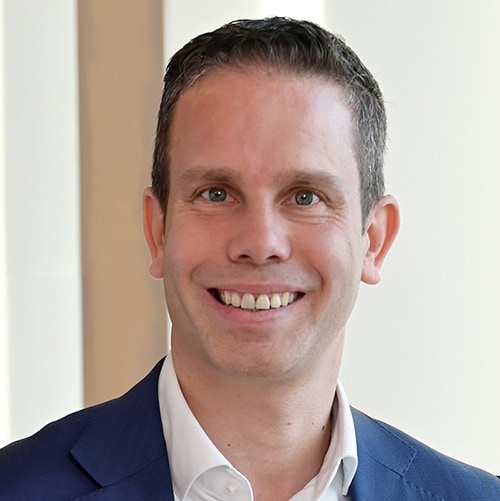
Marcel Scholze
Director Open Source, Digitale Souveränität, IT-Sourcing
PwC Germany
Marcel Scholze ist Diplom-Informatiker und verfügt über mehr als 25 Jahre Erfahrung in der IT-Branche. Seit seinem Einstieg bei PwC im Jahr 2007 berät er Unternehmen und öffentliche Auftraggeber zu strategischen und operativen Fragestellungen rund um IT-Sourcing, Open Source Software und Digitale Souveränität.
Als Director bei PwC leitet er den Bereich Open Source Software Services & Digitale Souveränität. Gemeinsam mit seinem Team verantwortet er Beratungs-, Audit- und Zertifizierungsprojekte und unterstützt Mandanten bei der sicheren, regelkonformen Nutzung und dem nachhaltigen Betrieb von Open-Source-Technologien. Dabei spielen auch regulatorische Anforderungen – etwa aus DORA, CRA oder der europäischen Digitalstrategie – eine zentrale Rolle.
Darüber hinaus führt Marcel ein spezialisiertes Team mit fundierter Expertise in der Durchführung komplexer (IT-)Vergabeverfahren – inklusive RFI- und RFP-Prozessen – und begleitet Projekte entlang des gesamten Ausschreibungs-, Auswahl- und Implementierungsprozesses.



© 2017
- 2026 PwC. All rights reserved. PwC refers to the PwC network and/or one or more of its member firms, each of which is a separate legal entity. Please see www.pwc.com/structure for further details.
Wir erbringen hochwertige, branchenspezifische Dienstleistungen in den Bereichen Wirtschaftsprüfung, Steuer- und Unternehmensberatung.











